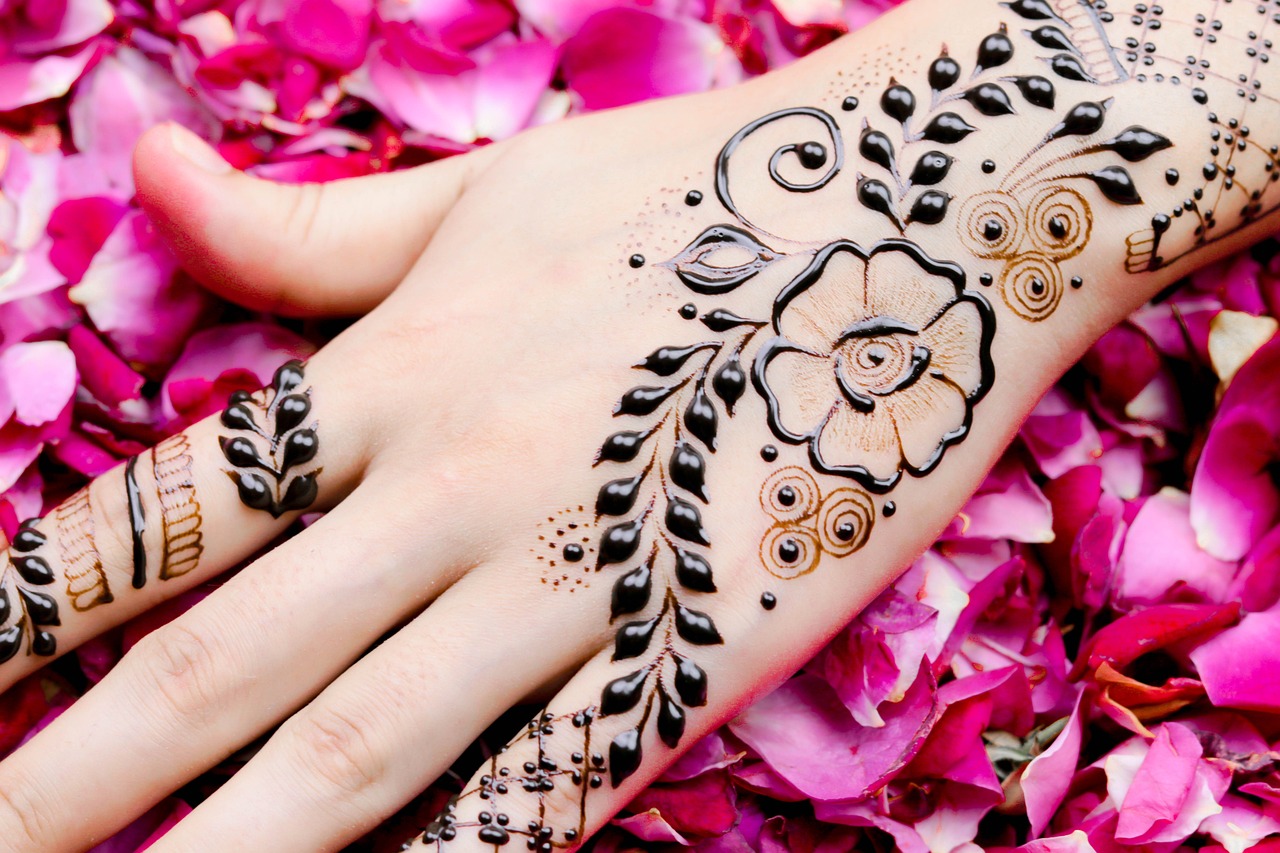Gender Dynamics in Political Campaigns: Breaking Barriers
In the world of politics, gender dynamics play a crucial role in shaping the way political campaigns are conducted and perceived. Historically, women have faced numerous challenges and barriers when running for political office, but in recent years, there has been a significant shift towards breaking these barriers and achieving gender equality in the realm of politics.
The Role of Gender in Political Campaigns
Gender has long been a defining factor in political campaigns, with stereotypes and societal expectations often shaping how male and female candidates are perceived by the public. Women, in particular, have faced challenges such as being perceived as less competent or capable than their male counterparts, facing discrimination and sexism, and struggling to navigate a traditionally male-dominated political landscape.
Breaking Barriers: Women Making Strides in Politics
Despite these challenges, women have made significant strides in recent years in breaking barriers and shattering stereotypes in political campaigns. The rise of influential female political leaders such as Kamala Harris, Angela Merkel, and Jacinda Ardern has paved the way for more women to enter the political arena and run for office.
Challenges Faced by Female Candidates
While progress has been made, female candidates still face a number of challenges in political campaigns. From fundraising disparities to media bias and gender stereotypes, women often have to overcome additional obstacles that their male counterparts do not face. However, with increased awareness and advocacy for gender equality in politics, these barriers are slowly being dismantled.
The Importance of Diversity in Political Campaigns
Having diverse representation in political campaigns is crucial for democracy and societal progress. When women, people of color, and individuals from marginalized communities are able to run for office and have their voices heard, policies and decisions are more reflective of the needs and experiences of all constituents. By breaking gender barriers in politics, we can create a more inclusive and representative system of governance.
Strategies for Overcoming Gender Barriers in Politics
There are a number of strategies that can be employed to overcome gender barriers in political campaigns. From implementing gender quotas and campaign finance reforms to providing mentorship and support for female candidates, there are numerous ways to level the playing field and ensure that all individuals have an equal opportunity to participate in the political process.
Frequently Asked Questions
Q: Why is gender dynamics important in political campaigns?
A: Gender dynamics play a crucial role in shaping how political campaigns are conducted and perceived, as stereotypes and societal expectations often influence how male and female candidates are viewed by the public.
Q: What challenges do female candidates face in political campaigns?
A: Female candidates often face challenges such as fundraising disparities, media bias, and gender stereotypes that their male counterparts do not face.
Q: How can we overcome gender barriers in politics?
A: Strategies for overcoming gender barriers in politics include implementing gender quotas, campaign finance reforms, and providing mentorship and support for female candidates.







